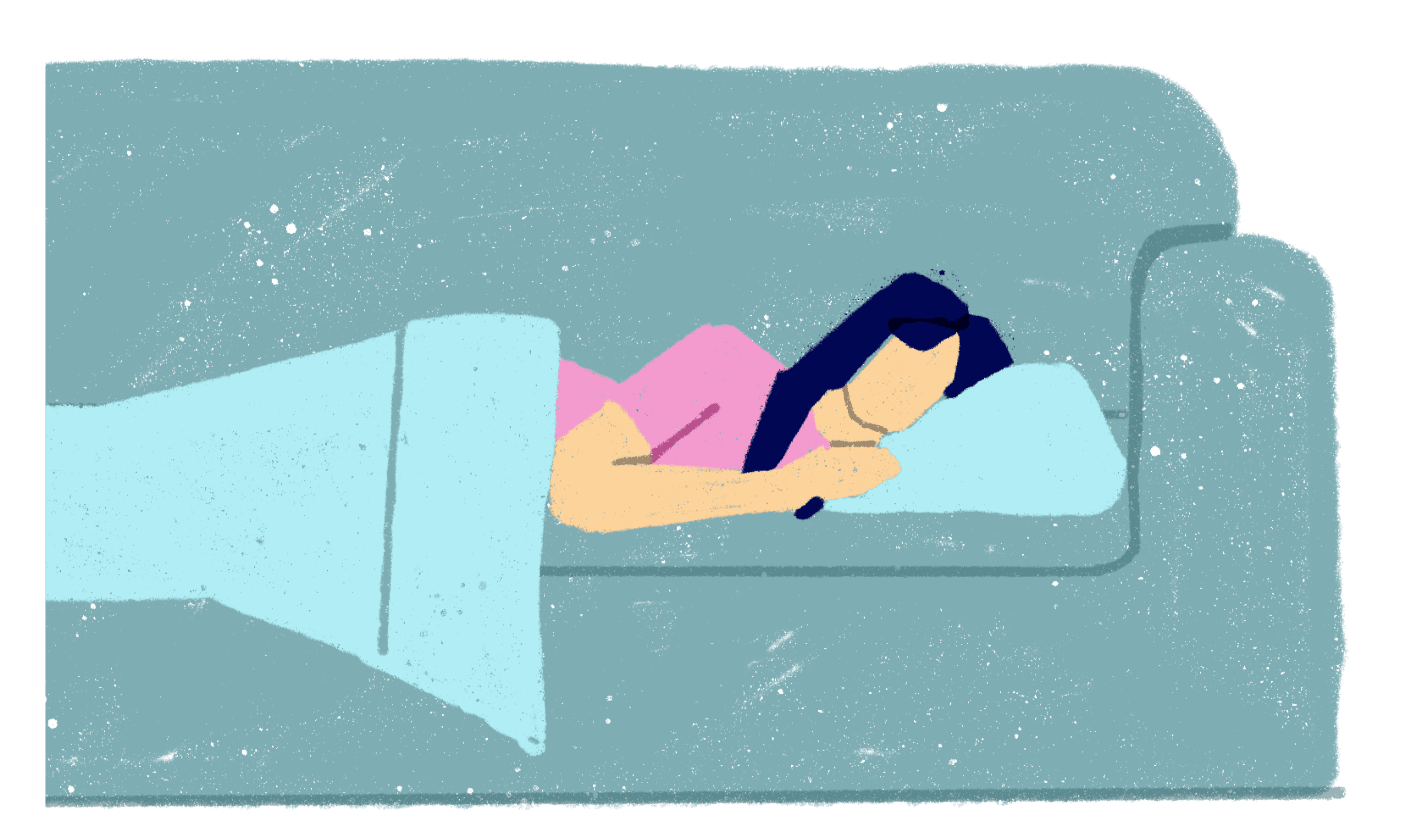Approved by
LAST REVIEWED 20 March 2025
Sleep
Finding it hard to get to sleep or waking in the night? Check out Good Thinking's broad range of resources, including our comprehensive Sleep Workbook.
Getting a good night’s sleep has many benefits for your health and wellbeing – it helps to lower stress, improve concentration and reduce the risk of many medical conditions, including heart disease and diabetes.
Whether you can’t get to sleep, wake up in the early hours or have bad dreams, there are lots of things you can do to improve your sleep.
From NHS-approved mindfulness apps to podcasts with sleep experts, Good Thinking provides a range of resources to support you in your quest for better sleep. If you’d like more tailored advice, you can use our self-assessment tool.
Was this page helpful?












